Infrastructure
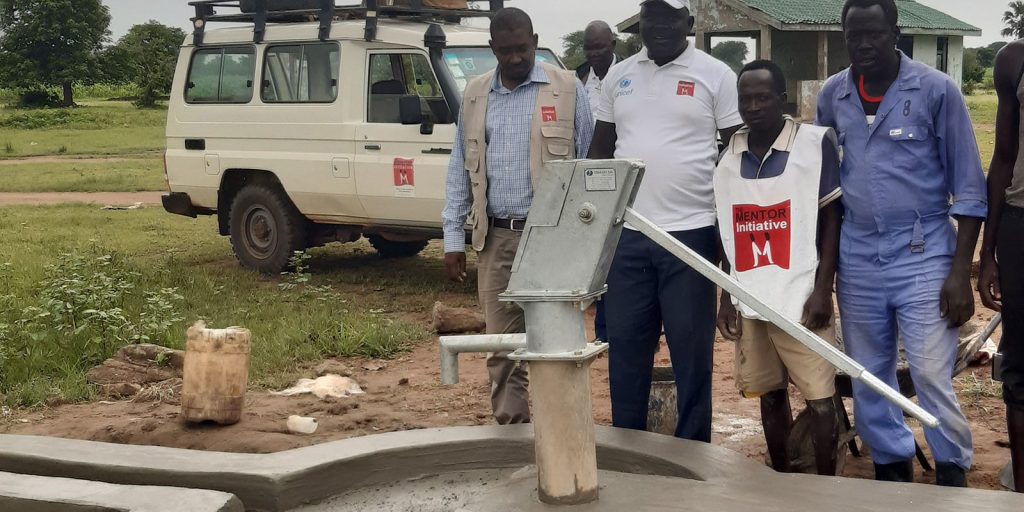
Improving water supply systems, sanitation facilities and drainage infrastructure, addresses multiple sources of disease transmission to tackle vector-borne and neglected tropical diseases.
Water, sanitation and hygiene

Water, sanitation and hygiene activities improve access to clean water sources, adequate sanitation and proper waste management.
Handwashing stations to prevent diseases in South Sudan
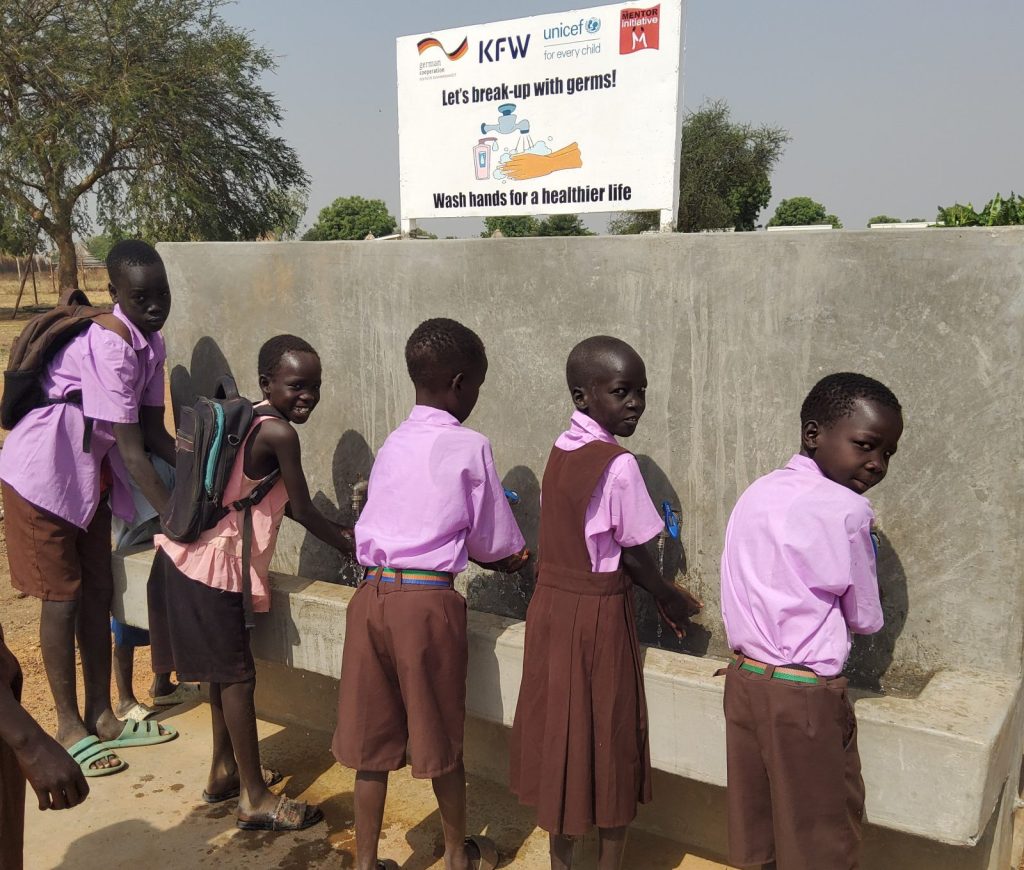
New handwashing stations in schools and health facilities are helping to prevent diarrhoeal and respiratory diseases in South Sudan, ensuring children stay healthy and don’t miss school. 24 hand washing stations have been successfully installed so far this year, improving access to handwashing and soap for around 7,000 children. These are on top of 5 […]
Dengue control in Venezuela
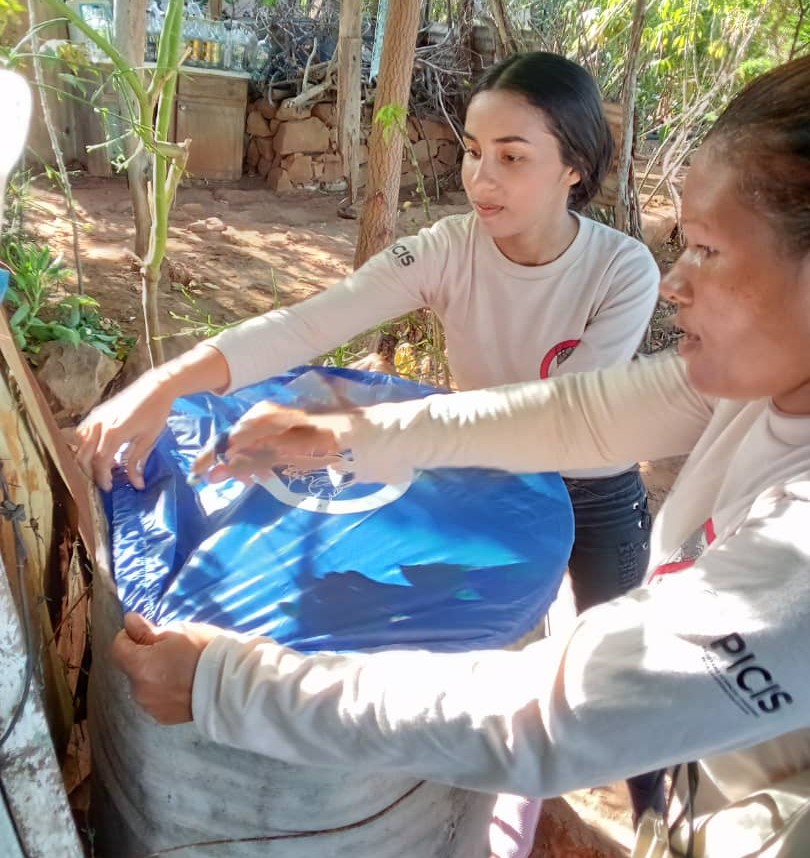
Poor sanitary conditions caused by the ongoing economic and political crisis in Venezuela have exacerbated the rapid spread of dengue fever in urban settings. This puts many people at risk from this dangerous arboviral disease, which infects an estimated 100-400 million people every year (source: WHO). The Aedes mosquito that transmits dengue breeds easily in […]
World Health Day 2023
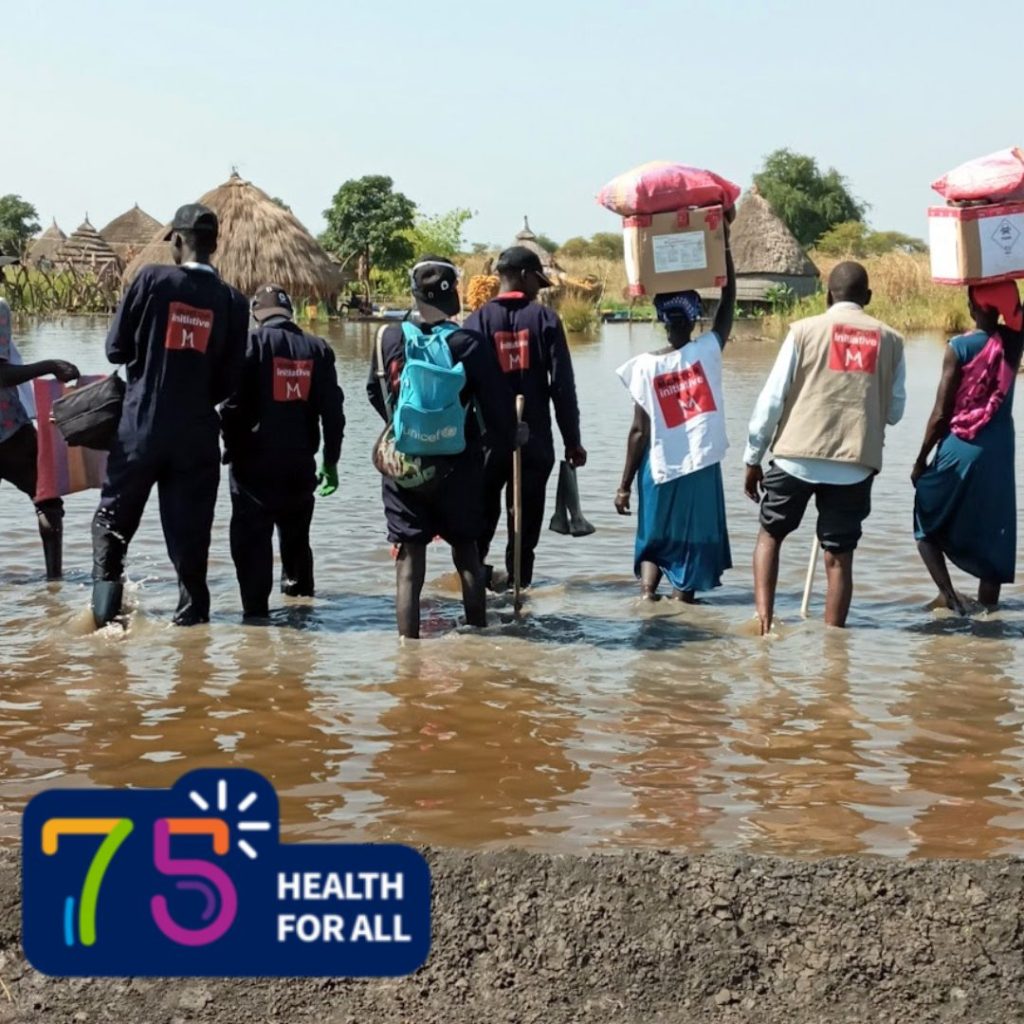
MENTOR works in countries with the highest disease burden and where millions of people are at risk of sickness and death. In these complex humanitarian crises, innovative and integrated solutions help to ensure health really is for all. Some of the ways we deliver healthcare and disease control to hard-to-reach populations: For more details please […]
Hygiene promotion for children in Venezuela
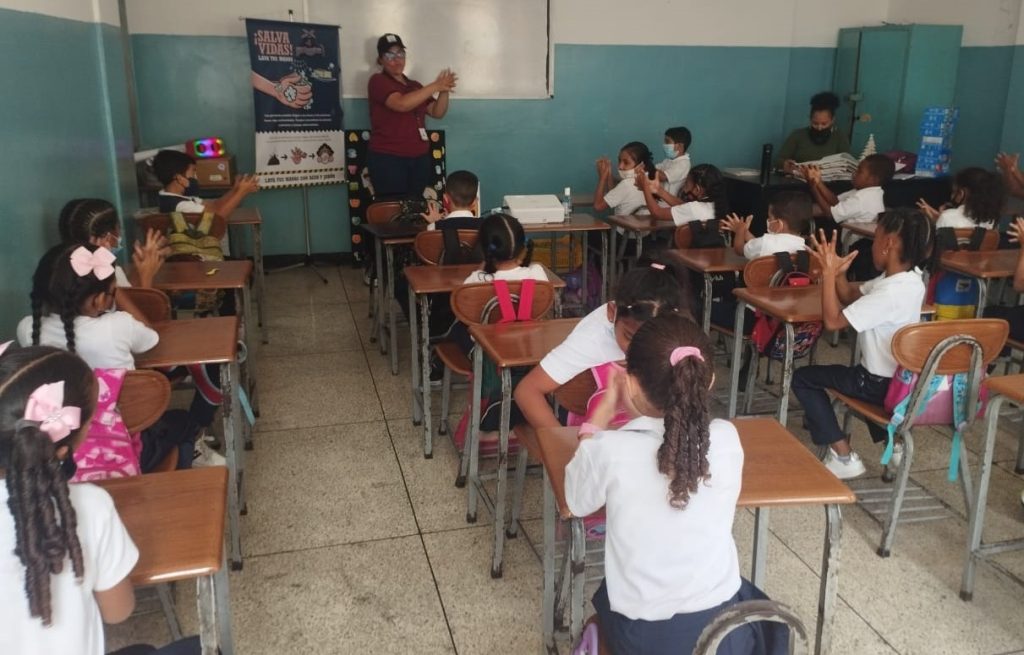
A programme recently implemented in Venezuela is raising awareness about the importance of good hygiene to help protect children from diseases. The MENTOR Initiative is working with educational partners in seven states to establish good hygiene habits in children. This is done through promoting messages about hand washing, safe water consumption and clean environments. Thanks […]
Sustainable water and sanitation in South Sudan

59% per cent of the population in South Sudan does not have access to safe water, according to UNICEF. Dirty water, poor hygiene practices and a lack of sanitation significantly increases the risk of diseases like cholera and acute diarrhoea – the leading cause of death among children in the country. This crisis is compounded […]
Making water truly safe: WASH and the risk of vector-borne diseases in urban settings

The MENTOR Initiative urge immediate action to integrate disease control with water and sanitation, as the UN 2023 Water Conference gets underway today (22 March) to address the global water agenda. Otherwise, many millions of people living in densely populated urban settings are at risk of death and suffering from vector-borne diseases. Richard Allan, MENTOR […]
Improving hygiene and sanitation in South Sudan
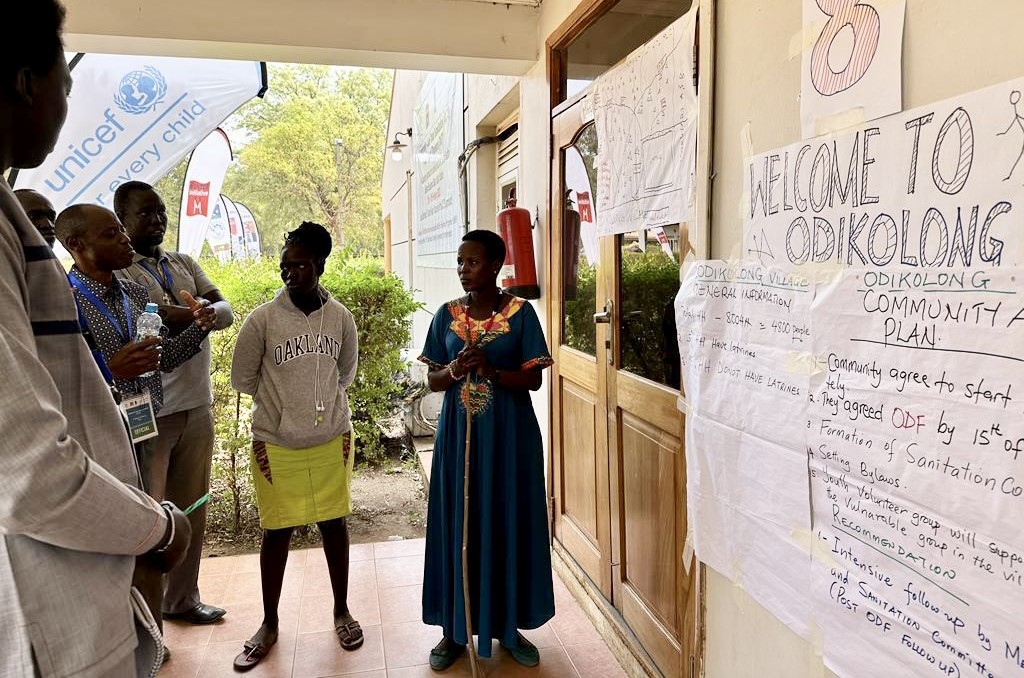
Around 70 people completed training in Community-Led Total Led Sanitation (CLTS) in Torit, South Sudan last week as part of an initiative to make the entire country open defecation free by 2030. South Sudan remains one of the countries with the highest rates of open defecation worldwide. The newly equipped trainers will introduce the effective […]
Education for children affected by conflict in northern Mozambique
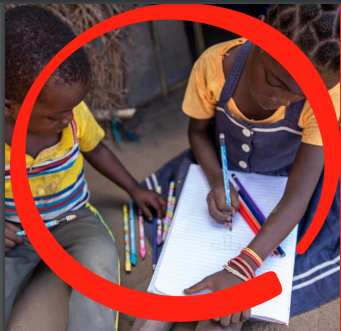
MENTOR and its partners recently implemented a project to increase access to safe and inclusive learning environments for children affected by the conflict in Cabo Delgado, Mozambique. Called Safe and Inclusive Learning (SAIL) the consortium is led by Save the Children International in partnership with Humanity & Inclusion and Associação Progresso, with funding from ECHO. […]
